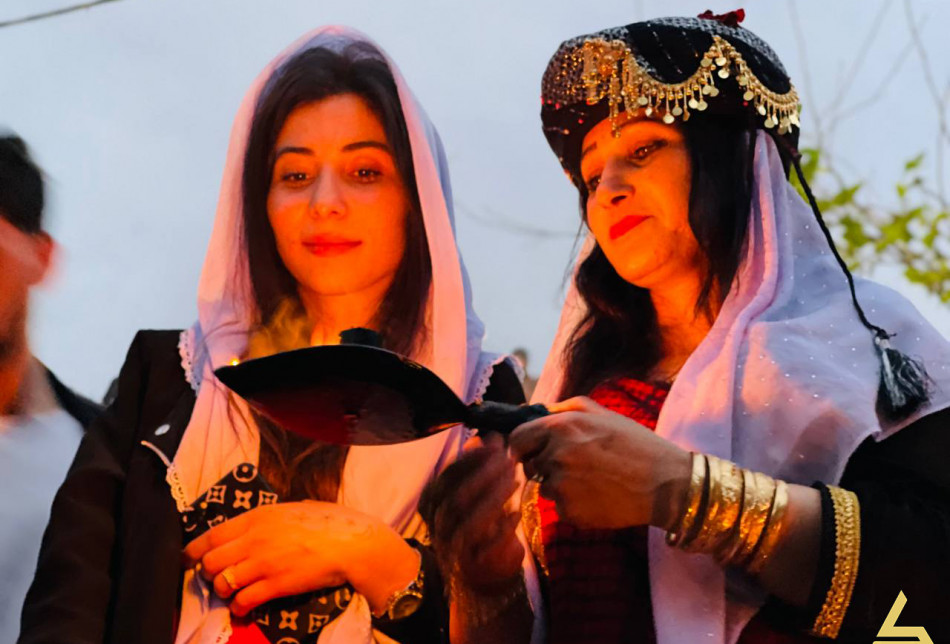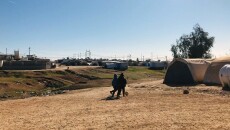Hussein Saeed considers the German parliament's decision to recognize the crimes of the so-called Islamic State of Iraq and Syria ISIS against the Ezidis as a great support and believes that the next stages are more important, especially the compensation and normalization of the situation in the liberated areas after war.
“We are very happy with this decision and it will pave the way for other countries to recognize the genocide of the Ezidis,” Saeed, an Ezidi activist in Shingal (Sinjar), told KirkukNow.
"We hope that these decisions will have an impact on the normalization of the situation in the region," he said.
The German parliament on January 19, 2023, decided to recognize the violations and crimes by the extremist fighters of ISIS against the Ezidi community in Iraq as genocide.
The resolution calls on the German government to provide financial support to the Ezidis, rebuild their devastated communities, collect evidence in Iraq and prosecute them perpetrators.
The decision is an important step towards recognizing the crimes against the Ezidis as genocide
In August 2014, Daesh took over Shingal and took 6417 Ezidis as captives and sex slaves, mainly women and children. Up today, 2781 of them are missing and brought to unknown destiny, the Kurdistan Regional Government’s KRG office for rescue of the abducted Ezidis.
Ezidis are a non-Muslim ethno-religious minority of about 550,000 people, mostly residing in Shingal, in northern Iraqi province of Nineveh. The militants of Daesh extremist group in 2014 attacked their communities, killing thousands of men and taking thousands of women and children, in an atrocity the U.N. said amounted to genocide.
IS reportedly used the women and girls as sex slaves. Tens of thousands of Ezidis are still living in Internally Displaced Person IDP camps in Iraqi northern province of Duhok.
Amid the atrocious attacks of IS, 1,293 Ezidis were killed, 68 shrines were destroyed and over 80 mass graves have been discovered.
Berivan Salim Shamo, deputy chairman of the Duhok provincial council, told KirkukNow that the decision is commendable and an important step to recognize the crimes against the Ezidis as genocide in all international centers.
Belgium, Australia and the Netherlands have previously recognized the genocide of the Ezidis.
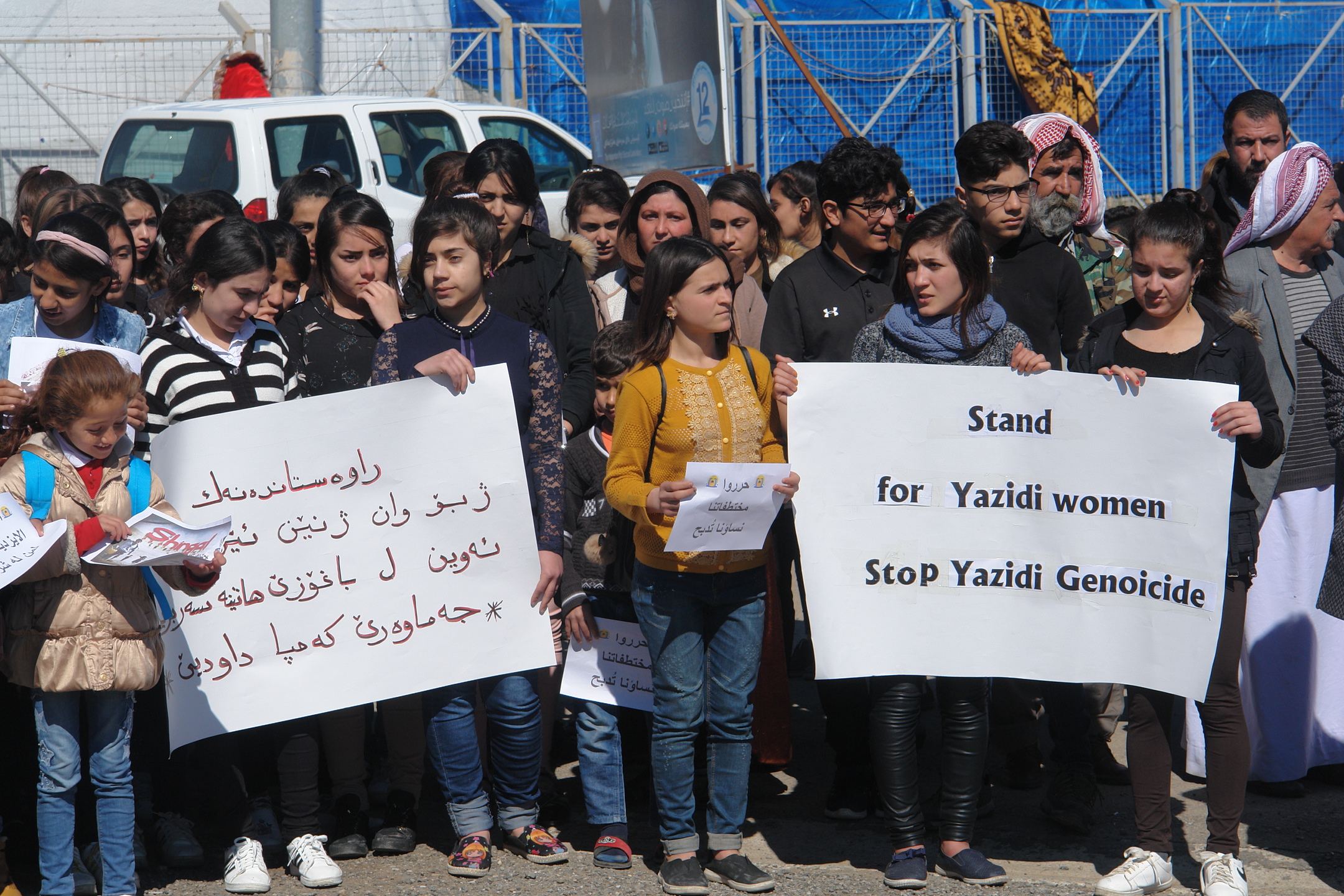
Nadia Murad, an Ezidi survivor of ISIS, activist and Nobel Peace Prize winner, said in a message that more than 18 governments and international organizations have recognized the genocide of the Ezidis.
Germany was the first country to convict an Iraqi suspect of "genocide" against the Ezidis in November and it is investigating several other cases.
"Three years ago, I saw Ezidi women in northern Iraq: kidnapped, enslaved, raped. Their suffering does not come to end in front of my eyes. The Bundestag (German parliament) decided that ISIS's crimes against the Ezidis as they call it: #genocide.
"No parliamentary decision in this world can eradicate their suffering," she added, but believed it was a decisive step towards recognition of suffering and justice.
The draft resolution of the German parliament had many gaps at first
The resolution condemns "indescribable atrocities" and "tyrannical injustice" carried out by IS militants "with the intention of completely wiping out the Ezidi community".
It also urges the German judiciary to pursue further criminal cases against suspects in Germany and the German government to boost financial support in order to collect further evidence of crimes in Iraq and funds to help rebuild shattered Ezidi communities.
It also calls for Germany to establish a documentation center for crimes against Ezidis “to ensure a historical record and to press Baghdad to protect the minority group's rights.
The largest number of Ezidi refugees is in Germany, with an estimated 150,000, according to DW.
There were over 550,000 Ezidis in Iraq, according to the statistics of the Directorate of Ezidi Affairs in the Ministry of Endowments and Religious Affairs of the KRG, of which 360,000 have been displaced and more than 100,000 have migrated abroad.
“We have been writing a draft decision to recognize the case of the Ezidis as genocide in Germany since last June. At first it had many shortcomings was done" Dr. Irfan Ortach, deputy head of the Ezidi Advisory Center, told Kirkuk Now.
The main demands of the people of Shingal, as Ortach said, were the withdrawal of the armed groups and forces from the center of Shingal, the implementation of the Shingal agreement, the normalization of the situation, the return of the people and compensation.
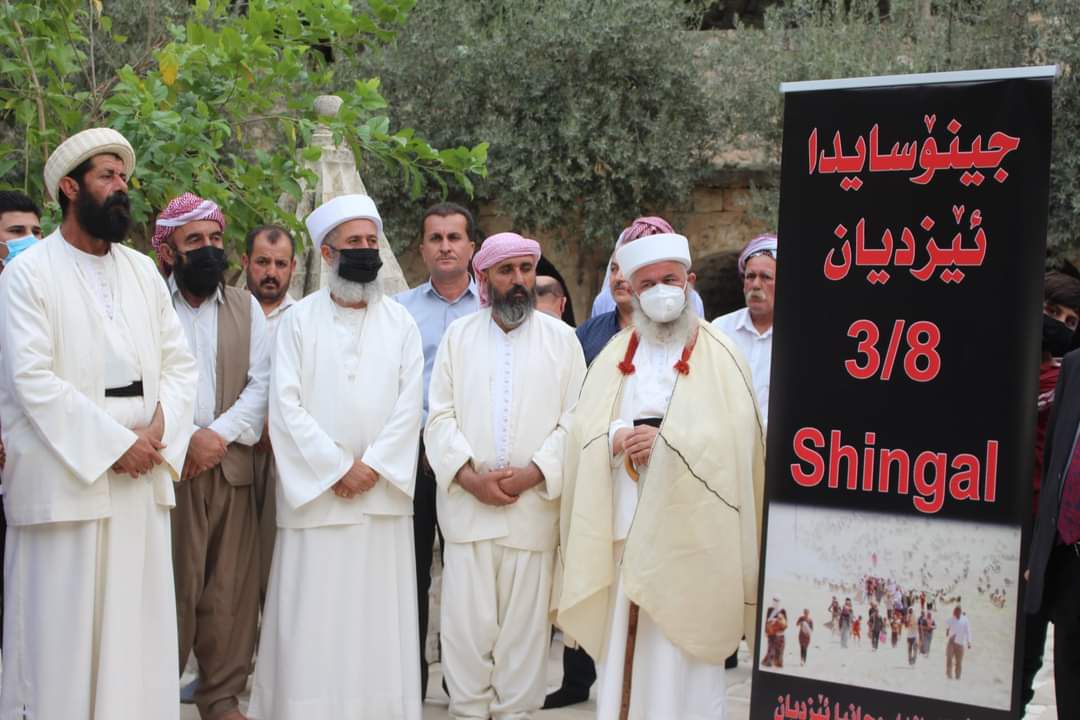
According to KirkukNow's previous investigation, the main reasons for the migration of the Ezidis were the devastation of their homeland by the war against ISIS, lack of stability and services, and the difficulties of living under tents as Internally Displaced Persons IDP.
Stories by KirkukNow found out that hundreds of families suffer from lack of assistance, lack of drinking water and poor food distributed by the Iraqi government while over 664,000 IDPs are still living under tents at the IDP camps in the Iraqi Kurdistan Region IKR, 30% of whom are Ezidis.
Ortach explained in the draft of the German parliament, before endorsement, there was an article for the repatriation of children for an IS father, but the Ezidi community refused and then rewritten in a different way.
“The children born for an IS fighter father is critical and once the Ezidis decide to receive them, we can be of help in this regard.”
We are one step closer to officially recognizing the genocide of the Ezidis at the international level
Harman Mirza Beg, the deputy emir (prince) of the Ezidis, told KirkukNow, “We are happy with the decision of the German parliament, as a key role player, materially and spiritually.”
The United Nations’ Investigative Team to Promote Accountability for Crimes Committed by Da'esh/ISIL (UNITAD) has been working on the case of the Ezidis since 2017 and in 2021 the team announced that it had gathered "clear and credible evidence" on violations and crimes against the Ezidis.
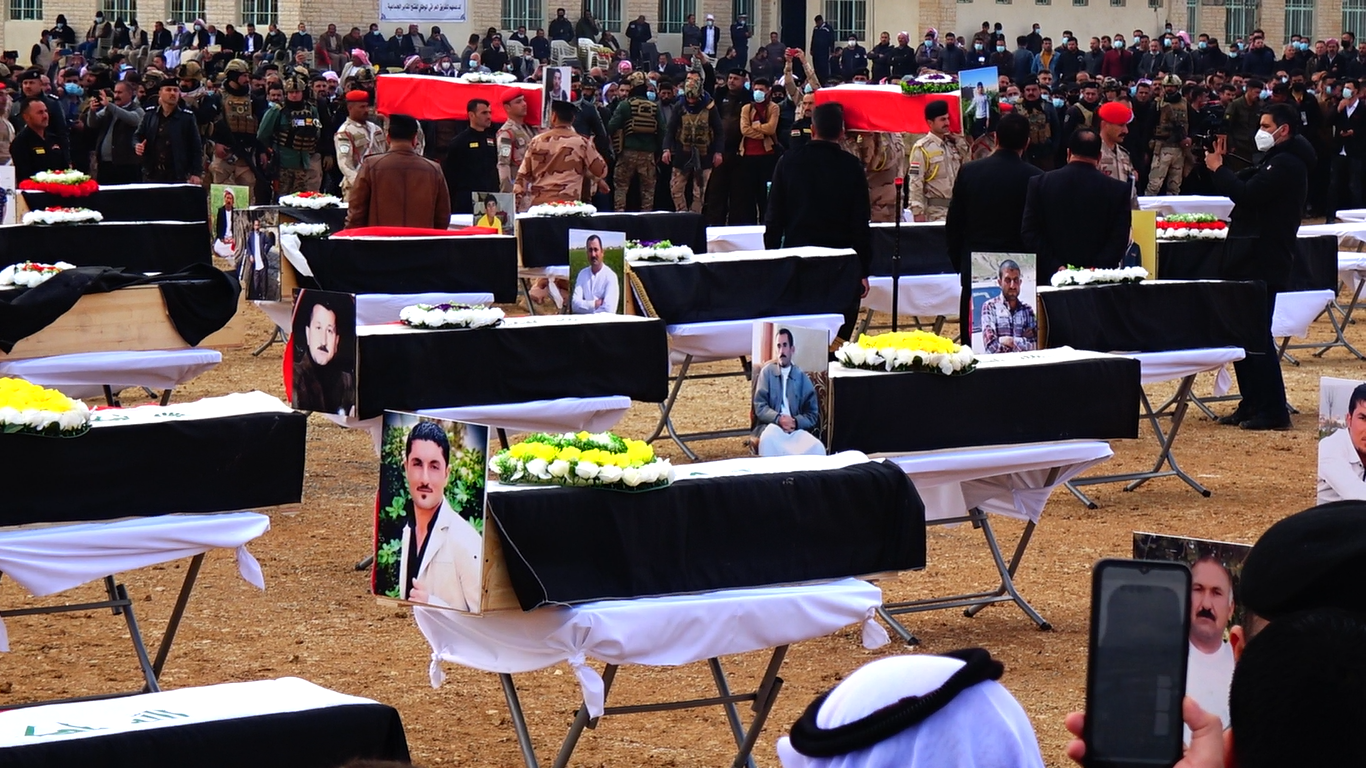
"It is important that the decisions include compensation for the Ezidis, because they are poor people and have been living in displacement for more than eight years, and should also be a pressure to normalize the situation in Shingal,” said Mirza Beg.
The Ezidi Women Survivors Law No. 8 of 2021 by the Iraqi parliament describes incidents against Ezidis as genocide, emphasizes the filing of complaints against the perpetrators of the crime and marked August 3rd as a national day to commemorate the massacre, in addition to instructing the Foreign Ministry to work to recognize the crime at the international level.
In 2019, the Iraqi Kurdistan Parliament declared August 3, 2014 as the day of the genocide of the Ezidis.

